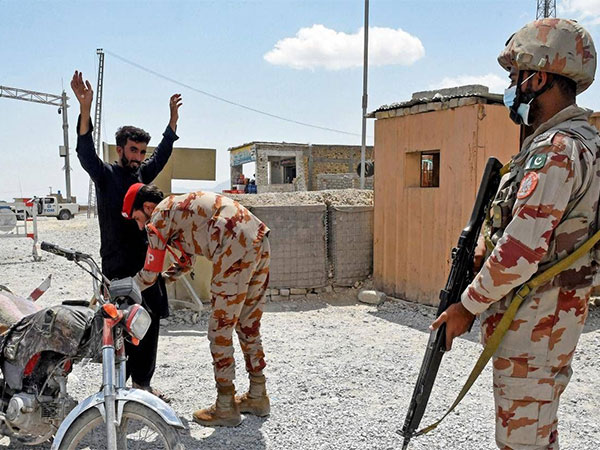Tensions Rise as Pakistani Authorities Clamp Down on Baloch Gathering
Pakistani authorities have imposed restrictions ahead of the Baloch Yakjehti Committee's national gathering, citing legal frameworks. The government declared a ban on gatherings, sparking claims of repression. The BYC accuses the government of misusing laws to silence Baloch voices and calls for international intervention.

- Country:
- Pakistan
The Pakistani government has implemented several measures against the Baloch Yakjehti Committee's scheduled national event in Dalbandin on January 25, aimed at commemorating Baloch Genocide Remembrance Day.
Informed by the Balochistan Government Servants (Conduct) Rules of 1979, Deputy Commissioner of Chaghi, Ata ul Munim, issued a directive cautioning government employees about participating in political activities, threatening disciplinary measures under the BEED Act 2011.
Additionally, the Balochistan government imposed Section 144, banning gatherings of five or more people and visible weaponry for a month, as reported by The Balochistan Post. Transport services have also been advised to cease operations for a week, although no official confirmations have surfaced. Furthermore, an FIR was lodged against the BYC's central organiser, Mahrang Baloch, and other members of the organisation in Mastung. The BYC described the allegations as baseless, citing them as part of a suppression campaign against dissenting voices.
The BYC condemned the FIRs and stated these measures represent a broader strategy to stifle the Baloch community's expression, accusing the authorities of wrongful legal applications to target the Baloch, as their resistance to prolonged suppression persists. Hundreds of FIRs have been placed against the group's members and leaders over the past year, many of which courts have dismissed as unfounded. Despite this history, new cases continue to emerge.
The committee argues that these tactics won't weaken the resolve or leadership of the Baloch people, urging human rights organisations and the global community to intervene, labeling these actions as 'colonial' and 'apartheid-like'.
(With inputs from agencies.)










